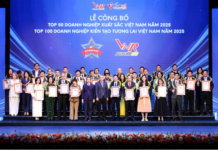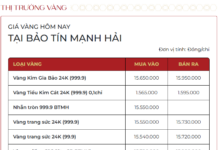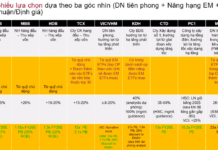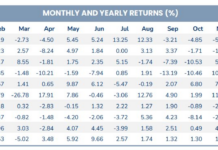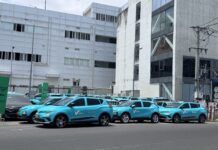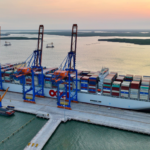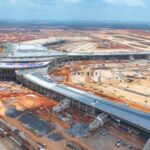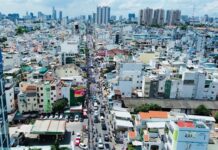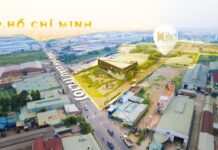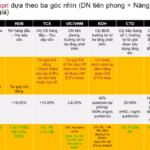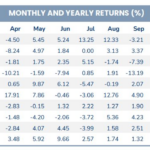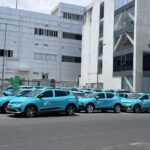In a recent development, the Vice Chairman of the Ho Chi Minh City People’s Committee, Bui Xuan Cuong, signed a decision on August 16, entrusting the Management Authority for Urban Railways (MAUR) with the task of leading the investment preparation process for two inter-regional urban railway routes: Metro Line 1 (New Binh Duong City – Suoi Tien) and Metro Line 2 (Thu Dau Mot City – Ho Chi Minh City).
As per the decision, MAUR is tasked with expeditiously preparing a feasibility report, undergoing appraisal and approval processes, and formulating detailed monthly, quarterly, and annual plans to ensure timely progress.
The Ho Chi Minh City People’s Committee has also directed the Department of Construction to review and advise on adjustments to relevant planning, particularly in terms of transit-oriented development (TOD) areas. They will also guide MAUR in project establishment and appraisal.
The Department of Agriculture and Environment has been assigned to review land funds and land use plans along the routes and provide consultation on efficient TOD land exploitation strategies.
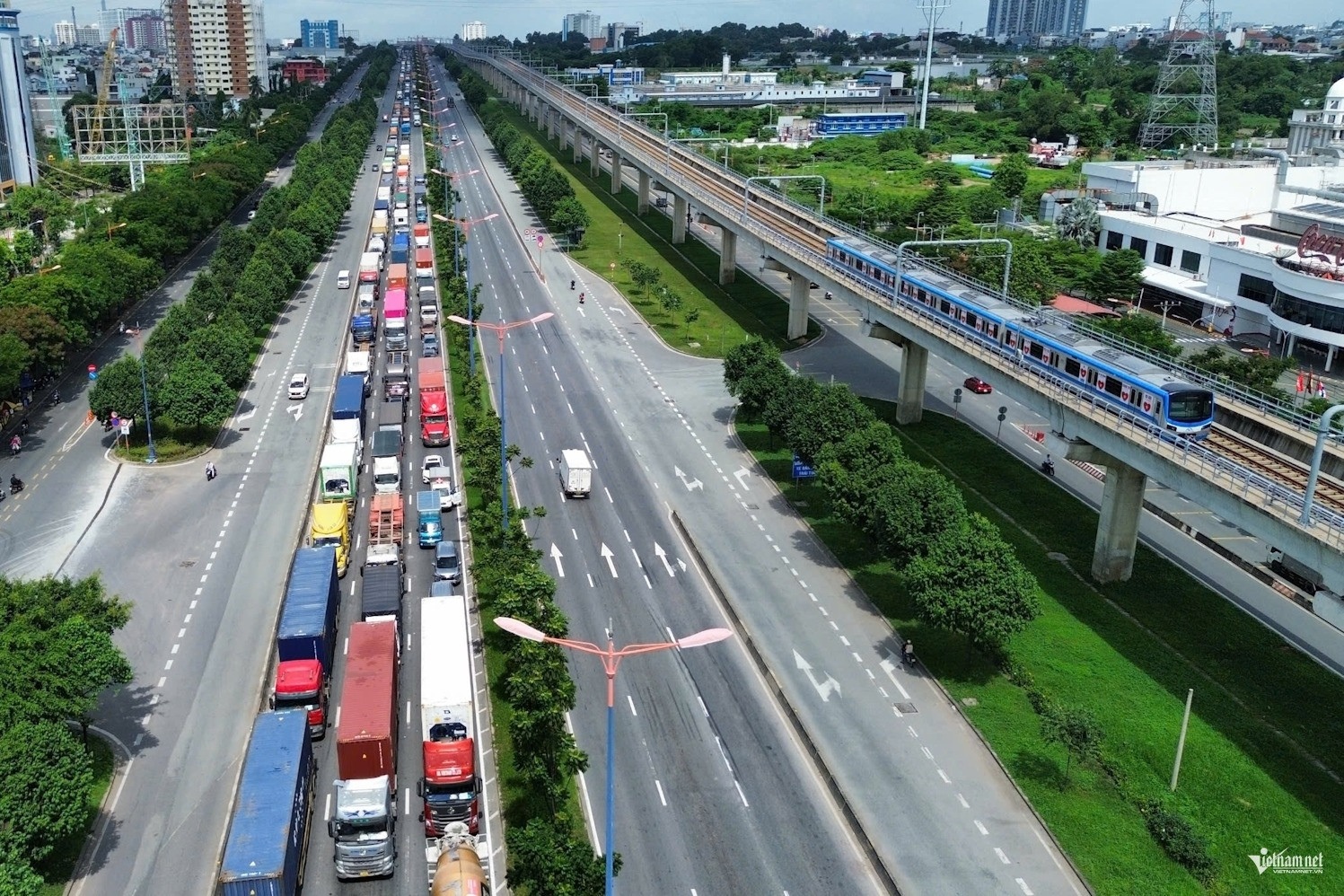
Ho Chi Minh City’s currently operational metro line, Ben Thanh – Suoi Tien. Photo: Tuan Kiet.
|
Prior to this decision, MAUR had sent an urgent dispatch to the People’s Committee and the Department of Finance, proposing the assignment of the investor role and the allocation of capital for the investment preparation of these two metro lines.
According to MAUR, the investment preparation process for Metro Line 1 (New Binh Duong City – Suoi Tien) has not yet been presented to the National Assembly, while Metro Line 2 (Thu Dau Mot City – Ho Chi Minh City) has not undergone the procedure for investment decision approval.
With the National Assembly’s recent passage of the Railway Law 2025, which includes special mechanisms and policies for railway development, including urban railways, the investment procedures for these two projects are now governed by the new law’s provisions. As such, they do not require investment decision approval.
Under the new law, for local railway projects and those adopting the transit-oriented development model, the People’s Committee of the province has the authority to organize the formulation, appraisal, and investment decision, following procedures similar to Group A projects managed by the locality, as stipulated in relevant laws.
Based on its functions and tasks, MAUR proposed that the People’s Committee assign it the responsibility for carrying out the investment preparation process for these two projects.
MAUR also proposed that the Department of Finance advise the City Council to allocate VND 10 billion for each project to facilitate the investment preparation process in 2025.
|
Metro Line 1 (New Binh Duong City – Suoi Tien): Expected to span over 29km, entirely elevated, ending at Suoi Tien station to connect with the Ben Thanh – Suoi Tien metro line. The line will have 17 stations, share the Long Binh depot, and require an estimated investment of VND 46,725 billion. Metro Line 2 (Thu Dau Mot City – Ho Chi Minh City): With a length of over 21.87km, the elevated line will connect to Metro Line 3 at Hiep Binh Phuoc. It will feature 13 stations and a shared depot, with a total investment of approximately VND 50,425 billion. |
Tuấn Kiệt
– 20:45 16/08/2025
Establishing Four Special Economic Zones in Ho Chi Minh City
The master plan for Ho Chi Minh City includes the development of four free trade zones: Can Gio, Cai Mep Ha linked to the seaport, Binh An, and Bau Bang. These zones are strategically designed to boost economic growth and facilitate trade within the region.
Redirecting International Flights to Long Thanh Airport: An Airline’s Intriguing Proposal
“There are compelling reasons to retain international flights to Southeast Asian destinations at Tan Son Nhat Airport. These routes cater to a unique demographic: business travelers and short-haul holidaymakers. The proximity of these destinations and the nature of the traveler’s itineraries warrant the retention of these flight paths.”
“Streamlining the Management of the Entire Vanh Dai 3 Route”
The Ministry of Construction has proposed that Ho Chi Minh City take charge of the entire Ring Road 3, including the section passing through Dong Nai province, to ensure unified operation and toll collection.








